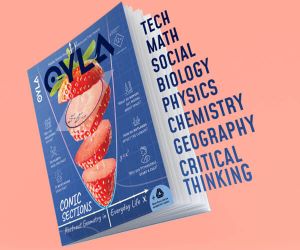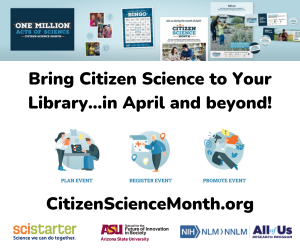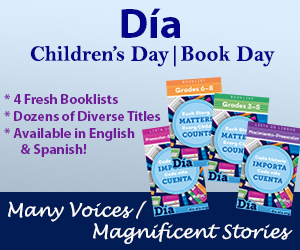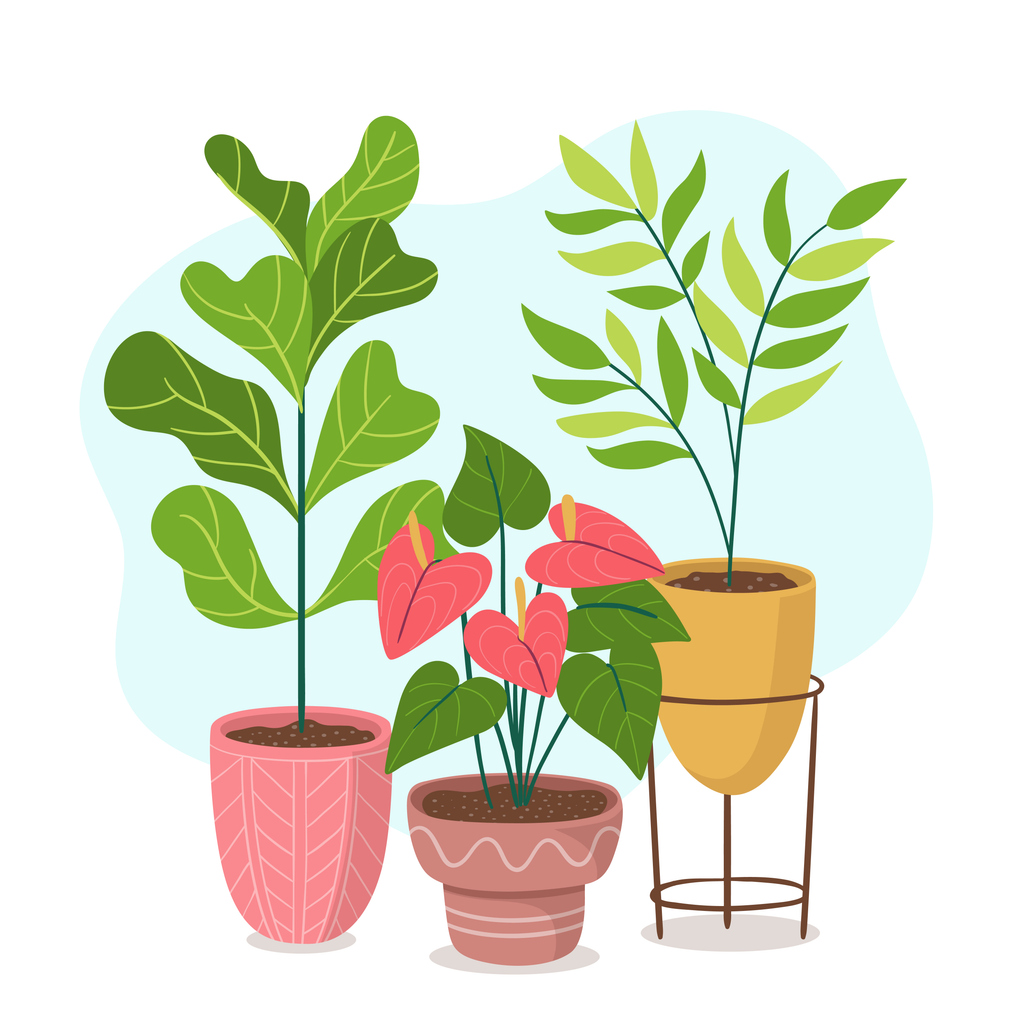Booki Vivat On Doodling, Finding Your Purpose, And Laughing At Life’s Mortifying Moments

Booki Vivat’s exuberant Frazzled introduces readers to Abbie Wu, a wisecracking sixth grader struggling with the transition to middle school. Her two best friends have thrived in their respective activities, while at home she is bookended by a brilliant older brother and adorable younger sister. Abbie’s voice, by turns droll and vulnerable, is bolstered by Vivat’s witty drawings that accompany the text. All Things Considered labeled Frazzled as “hilarious,” while Kirkus Reviews says it “packs a punch with fresh, lively pencil-and-ink drawings and lettering that set each mood perfectly.” Vivat spoke with Brendan Dowling via e-mail January 14, 2017. Author Photo By Kamolpat Trangratapit.
How did Frazzled evolve from your original doodles to the finished book?
The idea for Frazzled came out of my illustrated daily planners, so I knew I wanted to use the interaction between words and art to pull readers into Abbie’s world. Once I had a solid sense of who Abbie was and what exactly she was up against in middle school, figuring out how to combine these visual and narrative elements into an actual book was another challenge entirely!
Turning Frazzled from doodles into a finished book involved a lot of trial and error. It wasn’t until I began writing and drawing simultaneously that the whole process began to flow naturally. Sometimes I’d write a scene and figure out what I wanted to draw later, other times I had an image in my head and would write around that. Frazzled is heavily illustrated, but it’s much less structured than a comic or graphic novel. The layout and structure varies from page to page, so my creative process was constantly adapting and evolving as I was telling the story.
Abbie’s quest in the book is all about figuring out what her “thing” is. How did you land on that as the arc of the story?
Abbie is starting middle school, and for me, middle school was when everything shifted. I felt like was suddenly expected to figure out who I was on top of everything else—and the worst part was that it seemed like everyone else had it figured out but me!
I think a lot of young kids feel this same pressure to have a purpose and find a “thing.” Frazzled came out of that very real, very palpable angst and uncertainty. Even though Abbie is confronted with many different obstacles in middle school, the underlying arc of the story is about her trying to figure out who she is, where she belongs, and realizing that sometimes it’s okay not to know.
Abbie’s very perceptive and has an active imagination. How did you strike the balance of having her be so funny and quick-witted while still being a realistic sixth grader?
Writing Frazzled was a very personal project to me. I wanted to capture the middle school experience as authentically as I could—not as an adult reflecting on the past, but from an insider perspective. Because of this, many aspects of Abbie’s story are rooted in my own experiences at that age. Even though Abbie is a fictional character, so much of her personality and feelings are influenced by who I was when I was younger and the memories I have from middle school.
Frazzled documents Abbie’s first brush with failure in a way that will probably resonate with a lot of readers. Can you talk about how you came up with the different ways she copes with that experience?
Middle school was a formative time for me, and I drew a lot of inspiration from my own experiences to construct Abbie’s world. Like most people, my most embarrassing and disastrous memories are the ones that have stuck with me all these years and constitute some of the most defining moments for me as a person. I didn’t realize it until much later, but the community of support I formed as a way of deal with my problems and the strength I developed from these experiences ultimately made me who I am.
Even though Abbie feels out of place and overwhelmed with all the changes in her life, she also has a lot of people who are looking out for her. Her family and friends may not always understand her, but they are a strong presence in the story and end up helping her through her fears and failures.
You taught English at a South Korean Middle School after college. How did that experience influence your appreciation of children’s literature?
My experiences teaching middle school in Korea helped reaffirm my belief in the power of stories to unify and connect people. Despite our cultural and generational differences, my students reminded me so much of myself when I was younger. Their feelings and fears were so familiar to me. It made me realize how, at that age, everyone is essentially just trying to figure out their place in the world.
The great thing about children’s literature is its ability to be so distinct and specific while still tapping into ideas that are ultimately universal. Everyone has felt the uncertainty of entering a new school or new season of life and not feeling quite ready for it. Even though Abbie reacts to and deals with her circumstances in a very specific way, the big life questions she’s grappling with in this story are ones that anyone can relate to.
You just completed your first book tour. What was that experience like?
As an author, you always hope your story will resonate with people, but the response I’ve gotten so far has been beyond anything I could’ve imagined. It still feels so surreal to think of people reading this thing that I made! To hear that they feel connected to Abbie and her story is very humbling and special to me.
During my book tour, I was able to meet so many different students. At each school presentation, I took doodle suggestions from the audience and did a live-drawing demonstration. It was so inspiring seeing how fun and creative the students could be! In a way, I got to collaborate with my readers and create something specifically for them. Connecting with those kids has been, by far, the best part about being an author.
What were the books that were meaningful to you growing up?
There are a few books that are an important part of my childhood. Growing up, I was especially drawn to stories with interesting female main characters. Books like Harriet the Spy and Ella Enchanted have a special place in my heart. Louise Rennison’s Angus, Thongs, and Full-Frontal Snogging got me through my middle school years and taught me the value of being able to laugh—even in the most mortifying moments of your life. In each of these books, I was always struck by the girl at the center, and I looked to those girls to help shape who I was and who I wanted to become. In the end, they’ve also played a part in the creation of Abbie Wu, who I can only hope will be the kind of character that means something to this next generation of readers too.
Tags: Booki Vivat, YA Books, YA writers







